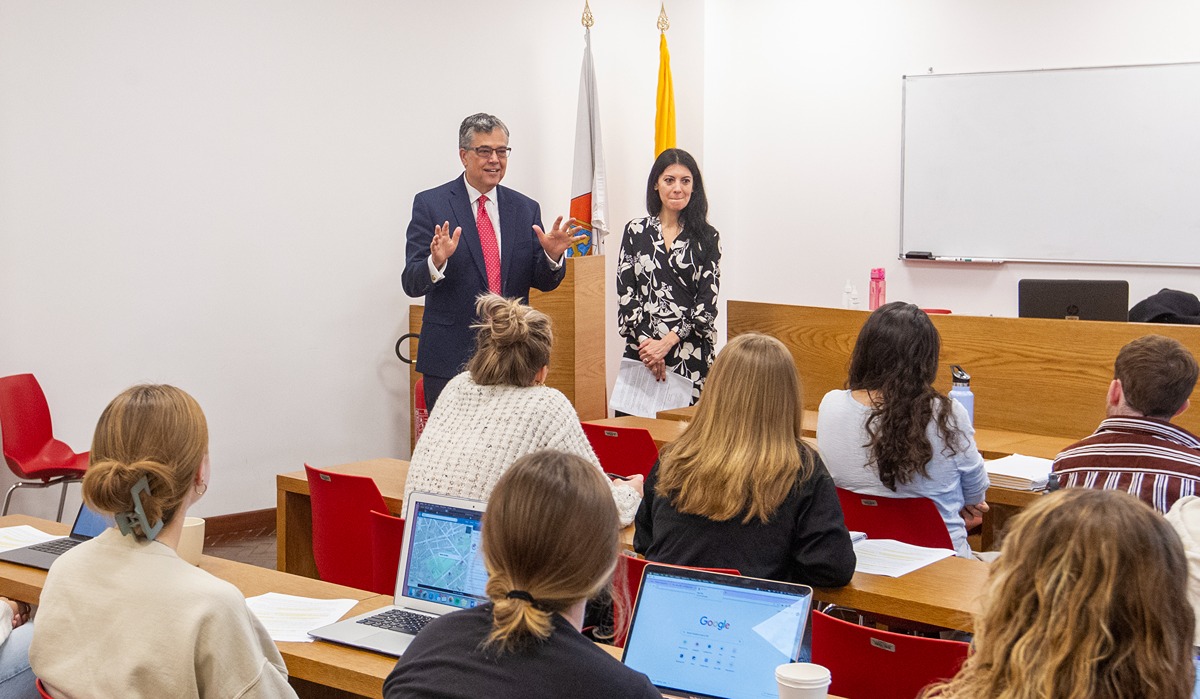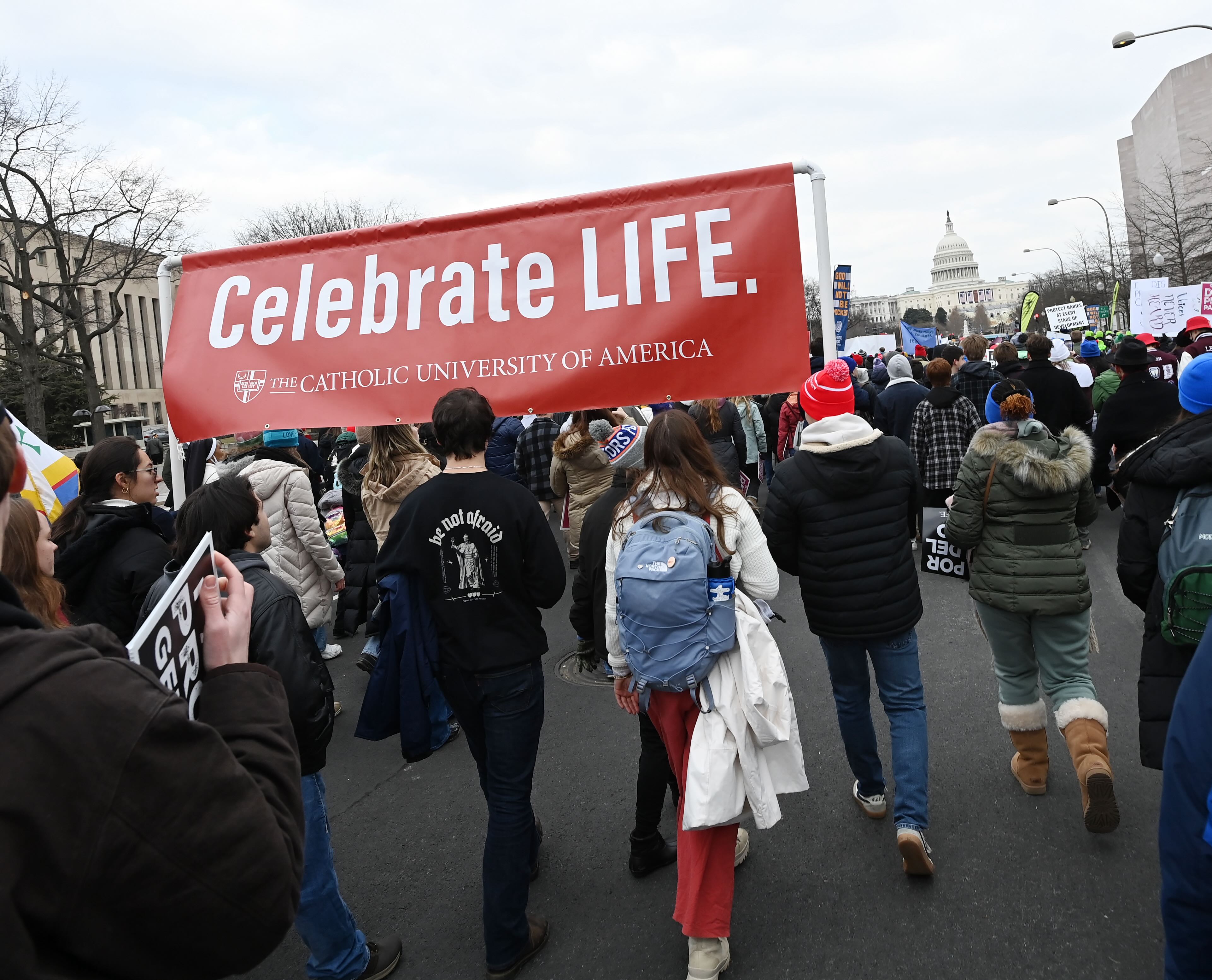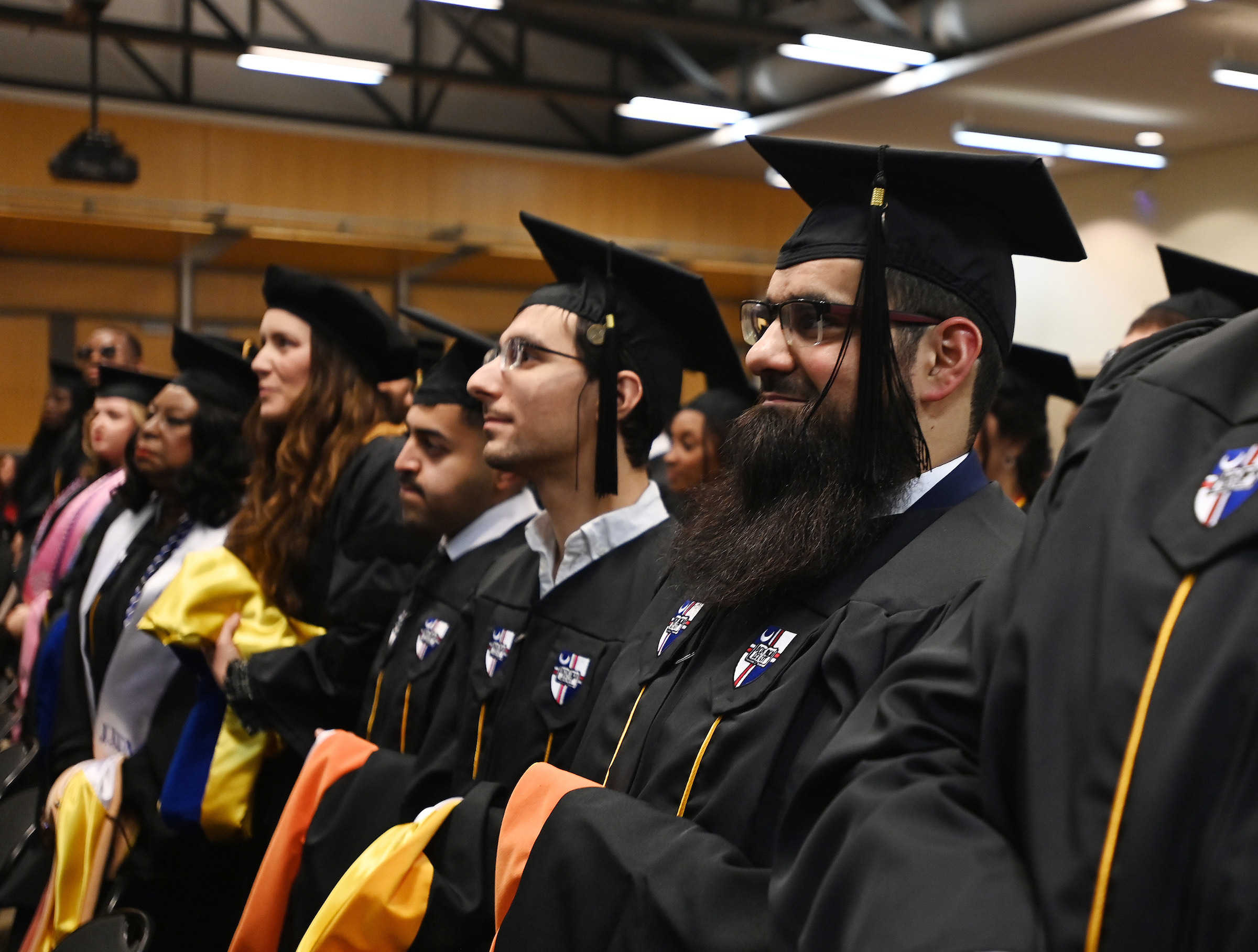University President Dr. Peter Kilpatrick is taking a lead in the national conversation surrounding the future of religious universities across the nation.
Kilpatrick spoke at an American Council of Education (ACE) event on Jan. 12 about how religious identity can inform college retention and completion programs, based on the University’s high graduation rates. The American Council on Education is a national non-profit higher education association made up of more than 1,800 degree-granting institutions.
“Our religious identity informs and helps form our culture,” said Kilpatrick, who joined higher education leaders from across the country at the summit in the nation’s capital.
Kilpatrick highlighted the many measures the University takes to care for its students and make the University as a whole feel like home. Despite its high acceptance rate, the University is in the top quartile of graduation rates in the country.
He spoke of the importance of the First-Year Experience in making a positive impression on students, pointing to programs and opportunities tailored to the diverse experiences of the student body. This year, Take Flight, a program designed to set first-generation students up for academic and professional success, , welcomed the largest cohort in its history.
The goal for the University, he stressed, is to help new students feel confident in their decision to attend.
President Kilpatrick shared that religious identity is “at the very heart of our mission as a university.” To help students maintain their sense of belonging, the President said that the University strives to help its community members discover themselves as human persons.
“Creating that ethos for our students to really feel at home, where they can let their hair down, where they can feel unjudged – I think that is just the key,” said Kilpatrick. “Religious identity is central to who we are as an institution and why our students persist well above the average.”
Kilpatrick noted that there is a positive correlation between Campus Ministry and college completion. Many students who attend Campus Ministry’s events, he added, are more likely to settle in and complete their time at the University as a result of feeling “at home,” while being surrounded by others who express their religious identity. Freshman Retreat, CUA on Tap, and Cardinal Service Corps are specific Campus Ministry programs that Kilpatrick emphasized.
Kilpatrick advocates strongly for instilling confidence in students. He wants everyone to feel like they are meant to be at the University, which is something that student organizations like Campus Ministry seek to accomplish.
“Our religious identity informs and helps form our culture,” said Kilpatrick.



